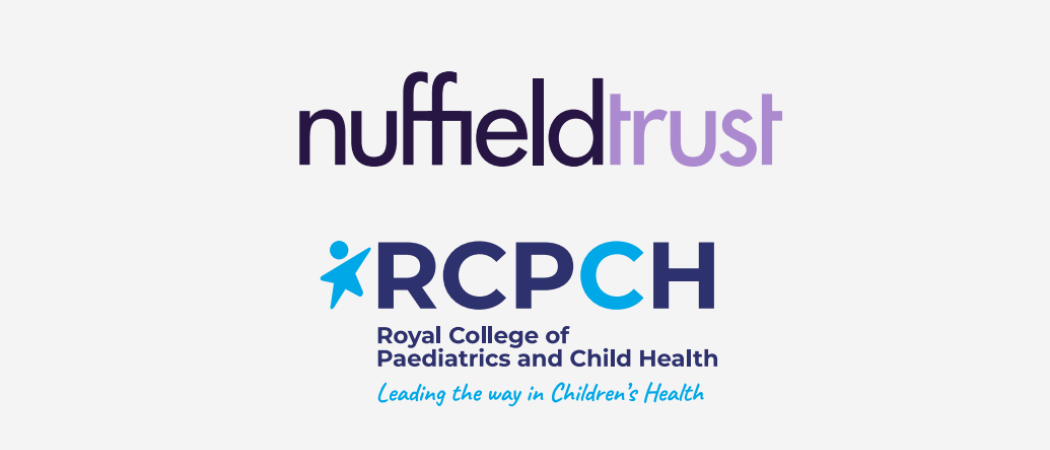UK is lagging 14 comparable countries in key measures like infant mortality and immunisation levels. The government needs a ‘health in all policies’ approach to policy making to address this

The first ever international analysis looking at UK child health measures over time and across 14 other comparable countries concludes that despite some impressive progress in recent decades, the UK remains a long way short of its stated ambition to be an international leader in fostering a healthy start for children.
The study, published by the health think tank Nuffield Trust and Royal College of Paediatrics and Child Health, says the findings should set alarm bells ringing for policymakers about the effects of cuts to public health and early years services. Investment is needed to improve maternal and antenatal health promotion, address health and socioeconomic inequalities, and protect public health budgets.
The report, written by paediatrician and Nuffield Trust visiting fellow Ronny Cheung, is based on an analysis of 16 child health measures in 14 OECD countries between the early 2000s and the last year for which data are comparable.
“International comparisons of child health allow us to understand where the health and wider outcomes of children and families in the UK are similar to those in other countries,” Cheung says. “Where outcomes are better or improving, it is possible to consider how this might be sustained. Where outcomes are worse, this presents the opportunity to prioritise activity at a local and national level to achieve improvement.
Russell Viner, president of the Royal College of Paediatrics and Child Health said, “Given that children and young people make up a quarter of the UK population, it’s a real failure of the system that child health gets so little political attention. Investing in child health makes both moral and economic sense – for every £1 you put in, you get an average of £10 back in terms of future productivity.”
The indicators examined present a broad look at child health outcomes - spanning life expectancy, nutrition, immunisations, and deaths in early childhood.
Key findings from the report include:
- Child health outcomes have improved across nine of the 16 areas examined over the past decade, including reductions in the rate of infant deaths, increases in cancer survival, and a rise in the rate of immunisation. For example the proportion of children in the UK receiving two doses of the measles vaccine has grown by almost 20 per cent over ten years and the infant mortality rate has reduced by nearly a quarter.
- Yet the rates of deaths for babies under a year old and tiny babies under 28 days have plateaued since 2013. In 2014, the UK had the fourth highest infant mortality rate among all comparable countries.
- The UK still lags behind countries like Sweden, Spain, Germany and the Netherlands on the uptake of measles vaccinations. Uptake of vaccines for illnesses like whooping cough and meningitis have all dropped in the past year.
- The UK has considerably more overweight or obese children than the average amongst high-income countries and in 2013 it had one of the highest proportions of overweight girls aged 2-19, at 29 per cent - second only to the US.
- The UK has the second highest prevalence of babies born with neural tube defects – something that can be prevented by taking folic acid.
The report also looks at social determinants of health. It finds that while the UK has a comparatively low rate of child income poverty using an OECD definition, the proportion of children in relative income poverty is now back to levels last seen in 2009/10.
“While international comparisons of health outcomes should be handled with care, this research has an unequivocal message: we must do much better for our children and young people,” Cheung said.





 A unique international forum for public research organisations and companies to connect their external engagement with strategic interests around their R&D system.
A unique international forum for public research organisations and companies to connect their external engagement with strategic interests around their R&D system.